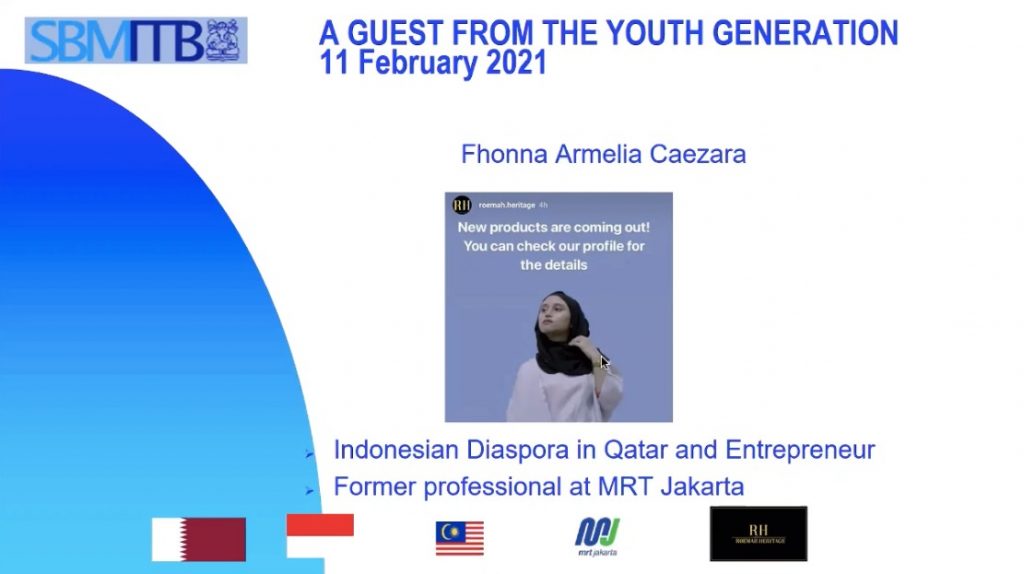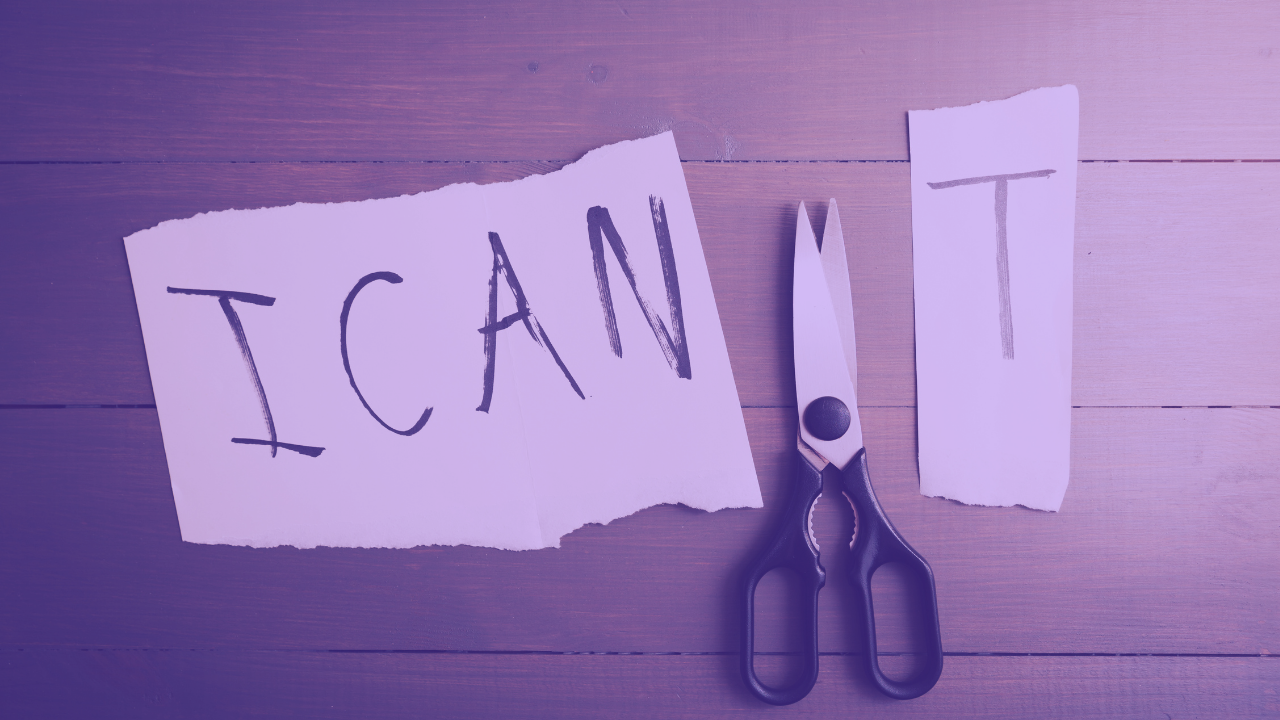“People will always have stereotypes toward certain groups. For example, Asians are known to be astronomically intelligent; they could count without the use of a calculator. However, obviously, there are other Asians who do not fall under that stereotype,” Quality, Security, Safety, Health, and Environment Assurance Specialist at PT. MRT Jakarta Fhonna A. Caezara said in the discussion of how to overcome stereotypes, rejection, and differences (11/2/2021).
A stereotype, in social psychology, is an over-generalized assumption regarding a certain group of people. The type of assumption can vary. It can be an expectation about the attitude, interests, behavior, or ability of the group, for instance. Often stereotypes are overgeneralized, misleading and immune to new evidence, but sometimes they can also be accurate.
Oftentimes, stereotypes could be the root of the statement, like people that say they are ashamed of their nation. Though, putting oneself out in the world will show people that the plastered stereotypes are not true.
Stereotypes can appear anywhere, in any country. Thus, we need to adapt.
When Fhonna was in Qatar, she found out that women are treated like Queens. They were not to lift a finger. So, when she arrived in Jakarta, it was yet another culture shock to her.
“There was a saying, that says, ‘If you can live in Jakarta you can live anywhere,’ and I think it is true,” Fhonna joked.
Observing the environment you landed in is the first step to adapting. “It could make you feel small at first, however, I made one to two friends whom I settled with and they ended up becoming the common ground to the next many people I connected with,” she said.
Then, finding a common ground is an important step to adjust and adapt. People should understand the applied work ethic in the new environment. It is essential to ensure effective communication among the people in the workplace.
“In Qatar, I did not have to call my direct supervisors by their position or with formal references such as Sir/Madam. Instead, I referred to them with their given names. Contrastingly, in Indonesia, the work ethic differs in a way that people have to refer to each other formally,” she revealed.
Next, a question about rejection was raised. Rejection is never easy to take and there is no short way to handle rejection. Fhonna suggested that whenever you are faced with rejection, make a list of pros and cons. For instance, rejection should be used as a badge of honor. Developing the confidence to hear feedback, which points you to the next area of development, is one secret to getting to a blissful state of acceptance.
The better it gets, the more people do this, and the quicker people will leave from feeling kicked-out by criticism. The feeling will turn out to be one of being and be motivated by it. “There is nothing better than an experience gained from rejection,” Fhonna concluded.





